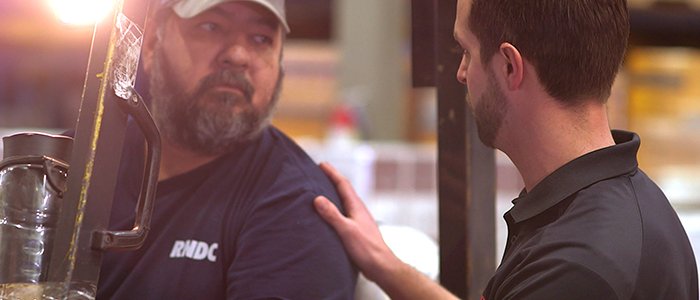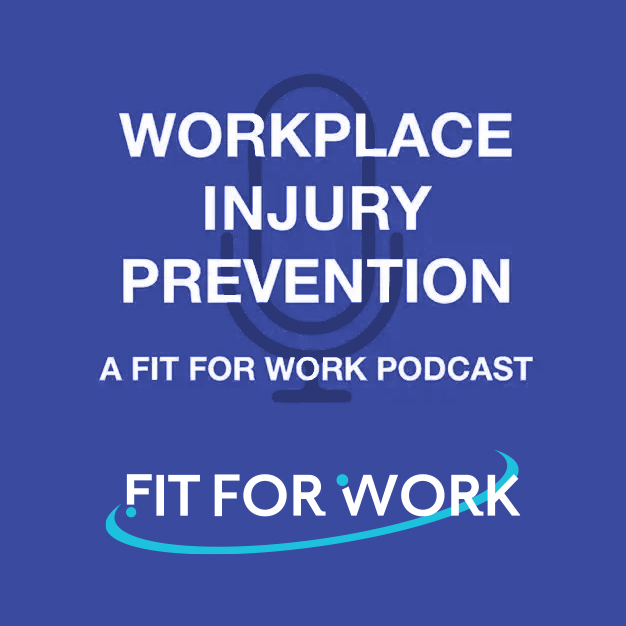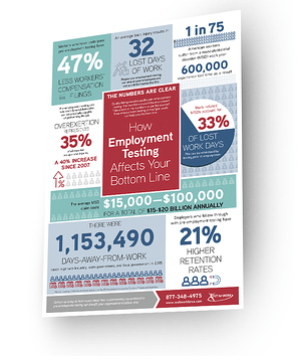Recount the last time an employee at your facility had a “sprain” or “strain” incident and off they went to the clinic. They came back after 3 days off, were put on 800mg Ibuprofen and a 10-pound restriction. They were told that if it doesn’t improve, then an MRI was next. Chances are you can count more than one of these sort of incidences. Now what happens when they go back to work after 3 days off? Do they want an MRI? Aren’t they curious? Who wouldn’t be, right? But then the slippery slope begins. Those reading the MRI found “abnormalities” which, in the mind of the employee (now turned patient), are the things that are wrong. The doctor then talks about “degenerative disc disease” and/or “herniated discs”. By this time, the employee is convinced he’s broken, and needs to be “fixed” with expensive medical solutions. There is an evidenced-based alternative for this all-too-familiar story. Fit For Work is the first and only company to offer Pain Neuroscience Education (PNE) within an Onsite Early Intervention Program. Research shows that if you educate people on how pain works, not just the health of their tissues, then pain, fear, and anxiety eases. Why? Because pain is produced by the brain when a threat is perceived. If you read the above example, this employee’s threat level just went WAY UP due to the medical experience that was encountered. No one told the employee that there is evidence showing MRI findings do not correlate to pain. In fact, most of the tissue issues found on imaging are common in many people who are not even experiencing pain. Pain is produced by the brain based on the level of danger it perceives—including being told any and every scary thing found on a scan. So, if a medical professional tells an employee how “broken” they are, of course they will have the perception that they are in trouble. The problem is that it is not uncommon for medical practice to take up to 15 years to infuse new research into healthcare delivery. This is all the more reason you need to choose an Onsite Early Intervention Partner that has invested in and understands the importance and impact of pain neuroscience education. You can count on our Injury Prevention Specialists to appropriately reframe an employee’s pain experience, helping the employee understand which sorenesses are credible threats and which ones are not, and then thoughtfully work through best practice training, ergonomic, and personal coping strategies to prevent the employee from becoming a patient. Fit For Work’s turnkey approach will help you to reduce by the sprain or strain injuries by 50% and the associated costs—such as opioids, surgeries, injections, lost time, and disability. Contact Fit For Work for expert knowledge and support in training your employees on properly navigating pain perceptions while working efficiently. 
Pain Science & Onsite Early Intervention





